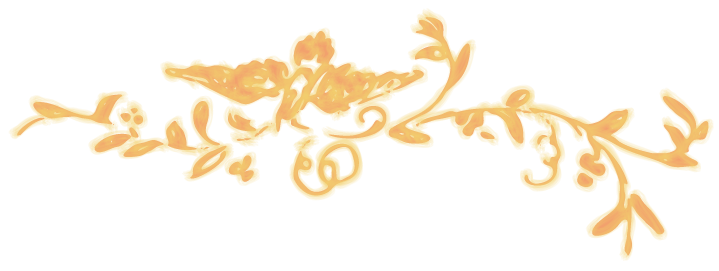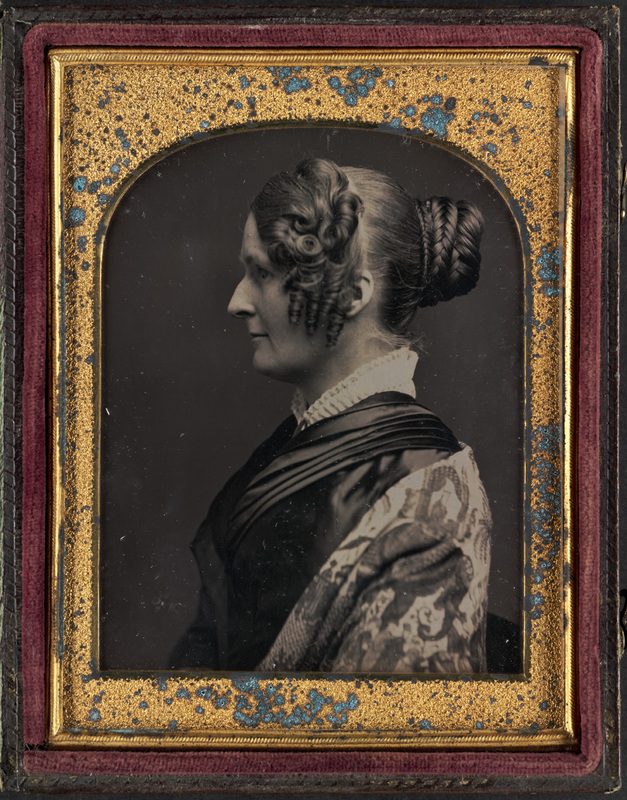Abolitionist Schism and the Burleigh Family

The schism in the Abolitionist movement in 1840 affected everyone connected with the movement.
Basics of the schism
Charles always remained closely associated with Garrison, the Old Organization, and the expansion of Abolition to include radical reform movements like Non-Resistance and No Government. Cyrus followed Charles in this regard
William, though, followed the road of political Abolition, and while the evidence is sketchy, George likely followed suit. However, George's embrace of Nathaniel Rogers as a victim of Garrison's hatred is an intranecine battle of Old Organizationists over whose position was most ultra-istic.
Things were bad enough that William's writing was used in "Refuge of Oppression" in the Liberator. Yet angry words between the brothers themselves we've not yet uncovered. Below are some examples of the partisan rhetoric that they all used publically. There were also some catty remarks against Abby Kelley Foster. Yet William regularly advertised for Charles' Thoughts on the Death Penalty
Kraditor reference here
One potential clue on the severity of the schism happens in 1845, when George publishes his poem about Nathaniel Rogers. It includes a barbed comment against Maria Weston Chapman.
Chapman was the editor of the prestigious The Liberty Bell - the annual literary journal of the Garrisonian abolitionists. The Liberty Bell's pages, over the years, included Frederick Douglass, Margaret Fuller, Harriet Martineau, Elizabeth Barret Browning, and Ralph Waldo Emerson. In a string of consecutive editions in the early 1840s, The Liberty Bell also included poetry of George Shepard Burleigh. Not surprisingly, given his call-out against Chapman, he does not appear in any of the editions after 1845. However, even more tellingly, in his sweeping and thorough in-gathering of his poetic and prose ouevre in the years prior to his death - now housed at the John Hay Library on the campus of Brown University - there are two epic-length poems from The Liberty Bell that he does not include! These also escaped the notice of his chronicler, Minnie Spies, in the 1930s. In the estimation of the lead author on this study, that time period - 1843-1850 - marked George's strongest material in any genre. These poems highlight the history of the Abolition struggle. For him to forget them, given the trifles he remembered, seems unlikely. I surmise that these poems, and his association with Maria Chapman, had been so poisoned in his reminiscing about this time that he deliberately left them out!
Column end from 1847, not sure if this is William or George, from The Charter Oak
“The Liberator, is enriching its columns from week to week, with extracts from the Charter Oak. Its Editor has a trick of putting choice articles, from the extremes of Anti-Slavery and Pro-Slavery, into a kind of Negro Pew which he calls Refuge of Oppression. We are glad that he has the good sense to select from us, and would suggest that he enlarge that department, and quote more liberally from our columns. If the circulation of his paper was not increased by it, it would certainly improve its temper and usefulness.”
William Henry Burleigh editorial reflections on the schism
The Charter Oak, New Series 1:27:2-3, July 9, 1846
The National Anti-Slavery Standard—we must say it—has greatly improved within a few weeks. It has now but one responsible editor—but it has a corps of correspondents who would be an honor to any paper in the land. James Russell Lowell is among them, and to his pen we attribute the admirable leader in that paper of the 2nd Inst., upon Daniel Webster. We must copy some portions, if not the whole of that article. But, much as the Standard has improved, it has not yet freed itself from the trammels of a narrow and bigoted sectarianism. It is still intolerant of all forms of abolitionism that does not pronounce its shibboleth, and is particularly abusive of the Liberty Party. Now we do not claim that all anti-slavery virtue resides in the party to which we esteem it an honor to belong—but the abolitionism of its members as a body, will not suffer in comparison with that of any Anti-Slavery Association in the land. There can be found in the land no abolitionists more sincere, conscientious and devoted, than those who have identified themselves with the Liberty Party. For the sake of our common cause, we could wish that the Standard would pursue a more liberal policy towards us, and if it seeks to dissolve the Union for the sake of abolishing slavery, permit us to do what we can to destroy slavery, and thus preserve the Union.
Note that in the same issue, page 1, is the following anecdote
"TOLERATION—When Abraham sat at his tent door, according to his custom, waiting to entertain strangers, he espied an old man stooping and leaning on his staff, weary with age and travel, coming towards him, who was an hundred years of age; he received him kindly, washed his feet, provided supper, and caused him to sit down; but observing that the old man eat and prayed not, nor begged for a blessing on his meal, asked him why he did not worship the God of heaven? The old man told him that he worshipped the fire only, at which answer Abraham grew so sezlous that he thrust the old man out of his tent, and exposed him to all the evils of the night and an unguarded condition. When the old man was gone, God called to Abraham, and asked him where the stranger was? He replied, I thrust him away because he did not worship thee. God answered him, I have suffered him these hundred years, although he dishonored me, and couldst thou not have endured him one night, when he gave thee no trouble? Upon this, saith the story, Abraham fetched hm back again, and gave him hospitable entertainment and wise instruction. ‘Go thou and do likewise,’ and thy charity will be rewarded by the God of Abraham."
This piece entered the American conscience via Benjamin Franklin. A fuller treatment can be found here, although I am suspicious there may be a more recent piece clarifying this - Kohut article on "Abraham's Lesson in Tolerance" - Kohut was a great scholar, and co-founder of the Judaica collection at the Yale University Library.
William Burleigh's tolerance continued in the following issue of The Charter Oak, where he reprinted an article from The Liberator, containing a letter from George Thompson:
The Charter Oak New Series 1, 28, 1 July 16, 1846
Letter from George Thompson,
[We find, in a late number of the Liberator, a letter from that great-hearted philanthropist, GEORGE THOMPSON, who was once driven from a mission of love in this country, by the pro-slavery clamor about foreigners meddling with our institutions, and pro-slavery mobs incited by this clamor. The letter is addressed to HENRY C. WRIGHT—a man whom we love and honor (in spite of his wrong notions and impracticable theories) for his honesty courage, independence, and zeal for God and man. With all his errors of opinion and his alledged [sic] heresies, HENRY C. WRIGHT, in moral worth, will weigh down any two hundred of these hesitating, shuffling, timid, conservative clergymen, who never aspire to anything more than a half-utterance of an opinion hostile to slavery, and who immediately follow that up with abundant protestations of Christian fellowship for slaveholder.
But our purpose was not to speak of Mr. Wright, but to commend the letter of Thompson to the special consideration of all Bible-defenders of slavery It is eloquent and truthful.—ED. CHARTER OAK.}
William Burleigh's tolerance even extended to defending the Garrisonians against calumny from non-abolitionists, as in this article about a new magazine that starts innocuously enough, but quickly escalates:
"The Boston Olive Branch makes it[s] appearance with new type, and a new engraved head—very beautiful. The paper is devoted to Christianity, Mutual Rights, Polite Literature," &c. The following, from the last number, we suppose comes under the first head:
"Douglass, the runaway negro slave, who, with Thompson, and English radical, Wright, and Garrison, triator Yankees, has been trying to induce the English Government to go to war with the United States, to do away with Slavery," &c.
It is well known that we have little sympathy with the peculiar views of the men here named, but a more unscrupulous lie than is contained in the above sentence from the Olive Branch never made its appearance in print. So palpable and gross is it, that our abhorrence of the mendacity of that paper, is almost neutralized by our astonishment at its stolidity. We never saw a more equal mixture of folly and knavery.
The Literary character of the Olive Branch is much on a par with its Christianity."
Charter Oak New Series v.1 no. 50 p. 2 December 17 1846, all emphases in original
What is apparently closed off to our knowledge is how these schisms affected the family life of the Burleighs. How did Lydia and Rinaldo Burleigh feel about their sons being on opposite sides of the battle? What was Mary's perspective? What sort of dinner table discussions did they have? Did they maintain subscriptions to both The Charter Oak and The Pennsylvania Freeman? Such questions tempt historians to speculation, but until solid evidence emerges, they must remain there.




